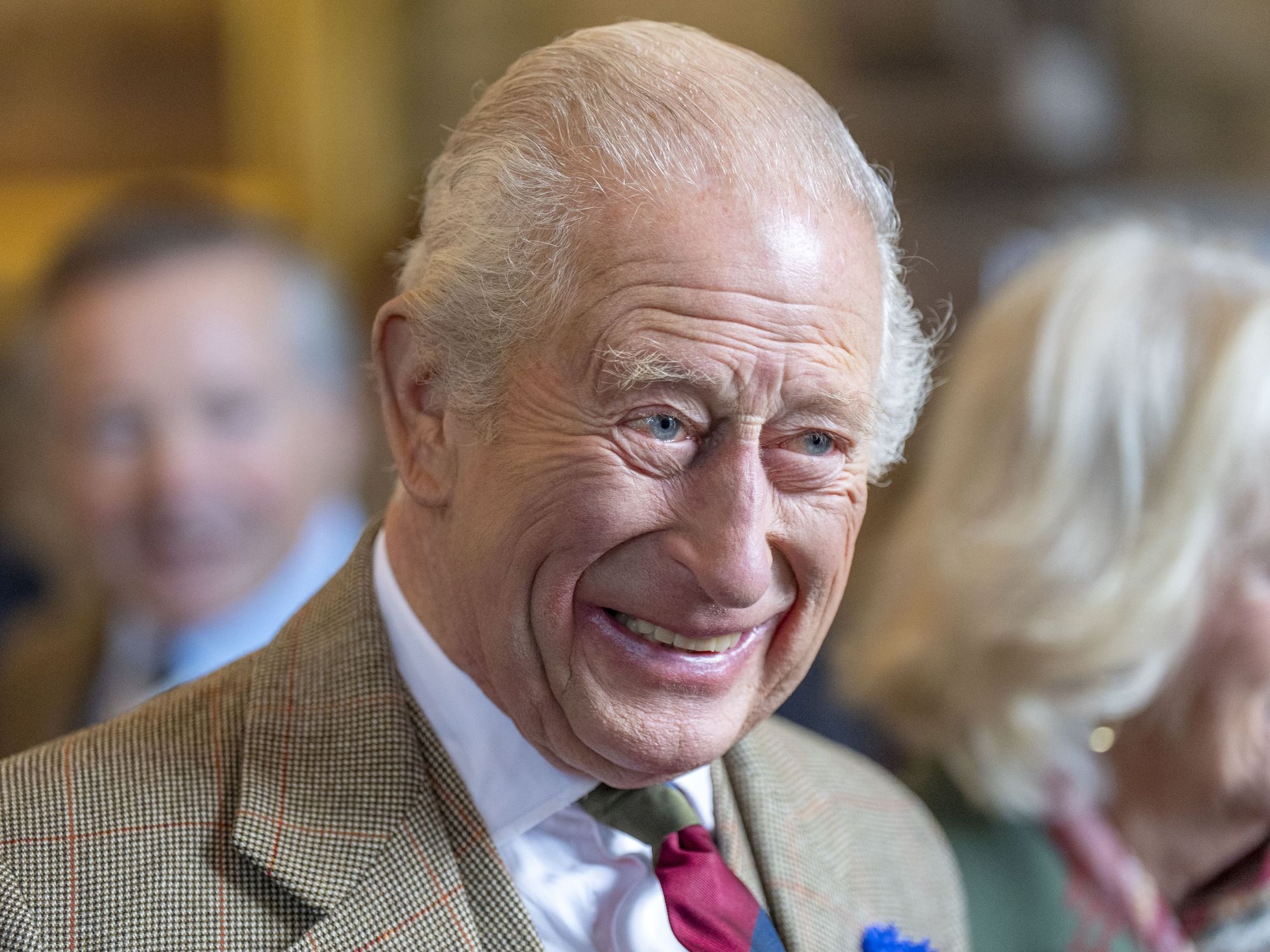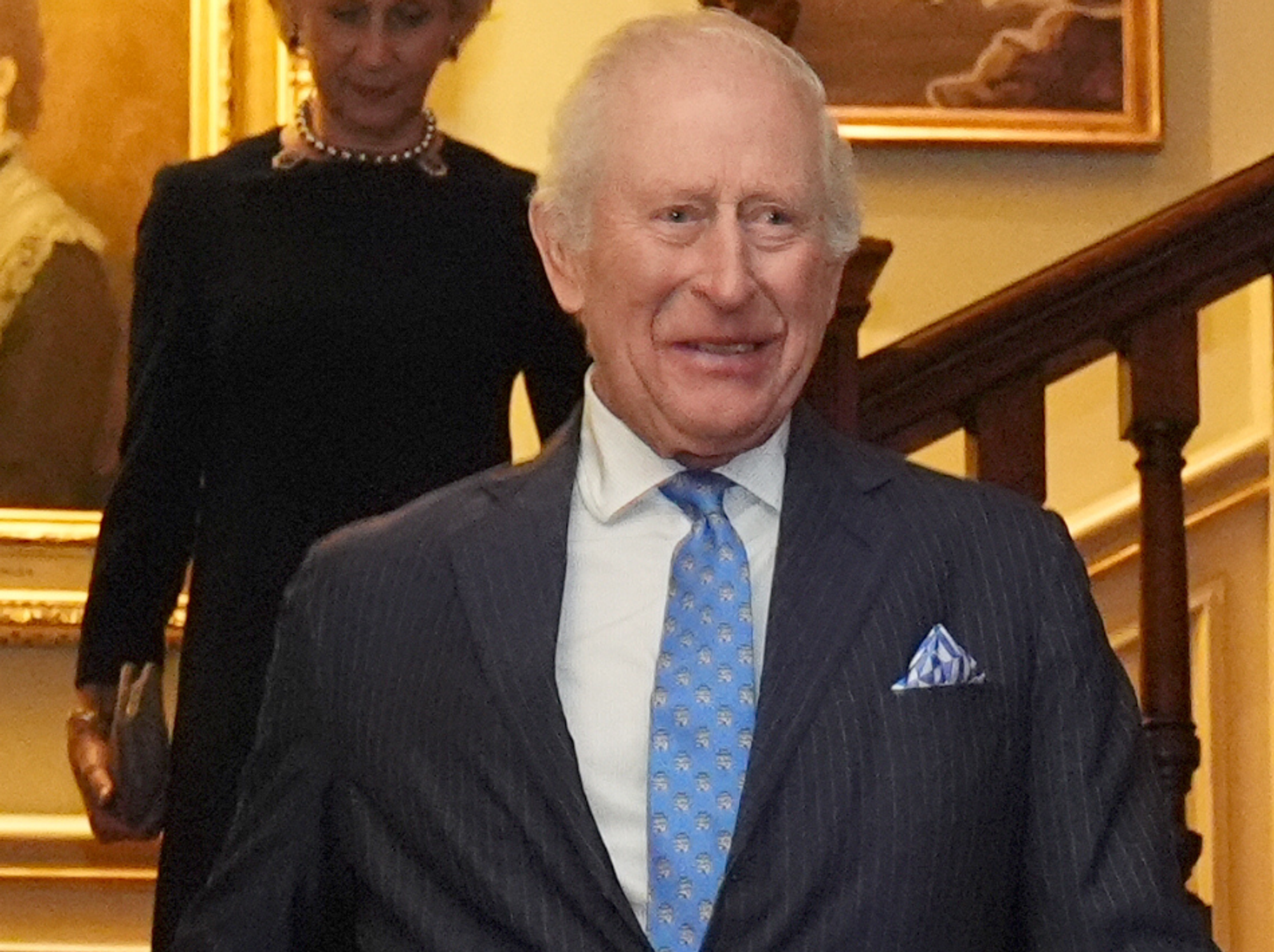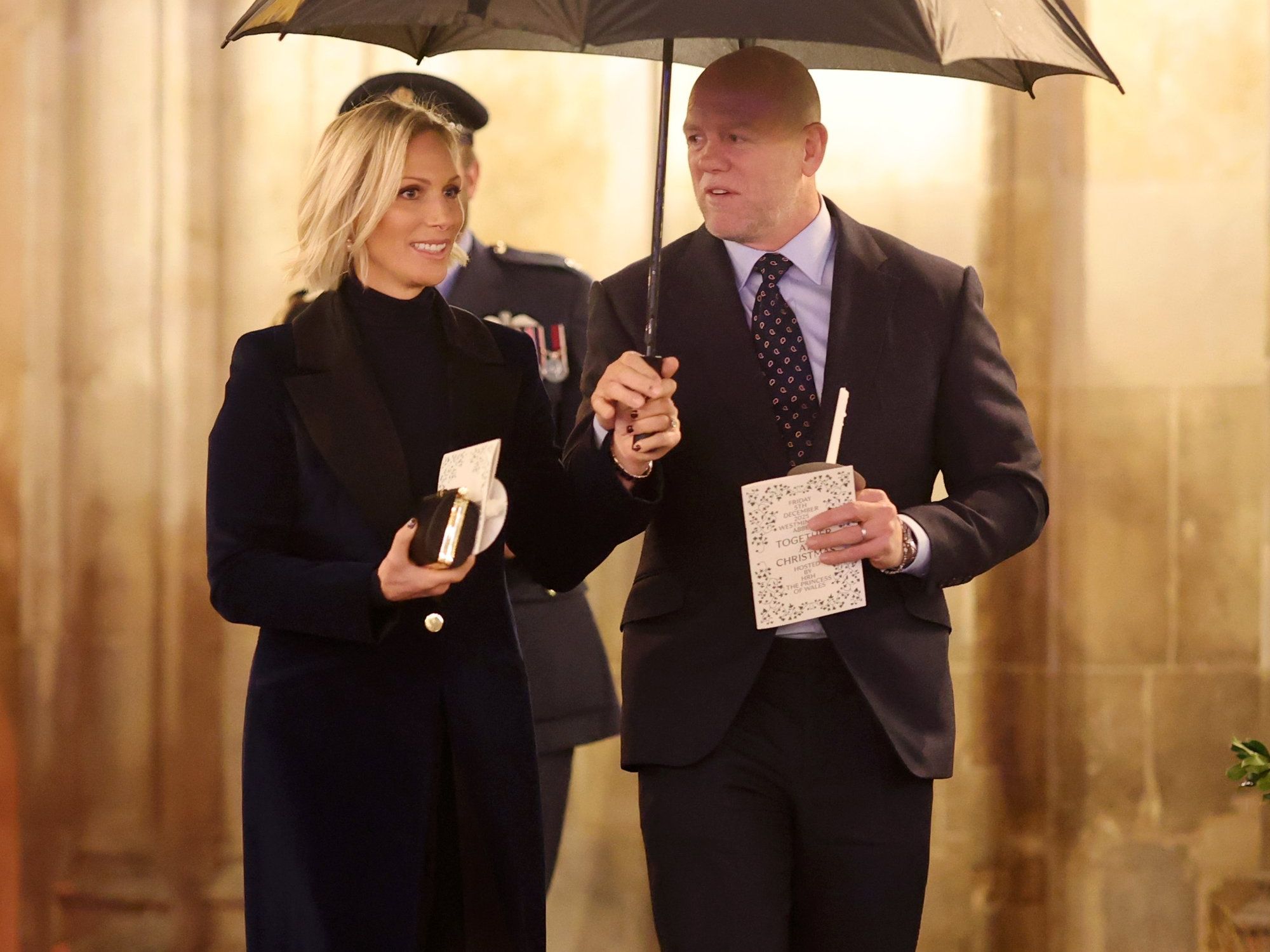'I'm a counsellor and these are the five things young people are struggling with the most'

Lynn Crilly reveals the five things young people are struggling with the most
| Lynn Crilly
Counsellor Lynn Crilly gives her take on why rates of anxiety and depression are skyrocketing among young people
Don't Miss
Most Read
I often find myself looking back on my teenage years thinking, "it wasn’t like this when I was young".
Although we all had our own challenges, life seemed a lot less complicated, and much simpler.
Fast forward 40 years, and life looks very different from every perspective - especially through the eyes of a young person. The planet is forever changing, technology is advancing, the population is expanding, we have more freedom of choice and there is less confinement to the traditional gender roles.
So, it should be no surprise the younger generation are more susceptible to challenges, because their brains are still developing and their bodies are continually changing.
I recently asked my Instagram followers: "Do you think being a child in today’s world is more challenging than 30-40 years ago?" A staggering 93 percent (904 people) said yes while seven percent (66 people) said no.
I had a 20-year-old girl in my office a few weeks ago who is in recovery from an eating disorder. She is at university and checks in with me when she is home.
When I asked her how she saw her future looking, she replied: "To be honest I do not look past tomorrow as I worry, we don’t have a future so find it easier to just take it day by day."
I think that statement sums up how many young people feel, which I find sad as when I was 20 I knew if we worked hard we all had a future to look forward to.
Working with young people daily I see and share first-hand some of the challenges they are facing in today’s fast paced techno driven society.
Here are the five that I see them struggling with the most:
Social Media and cyberbullying
Social media sites can be a great way for young people to connect and communicate with each other. It can be a way for them to share creative and fun ideas. But it can be both confusing and complex and poses significant risks to their mental health and wellbeing.
Young people can naively expose themselves to the dark side of the internet, inappropriate upsetting content can quickly find its way into their inbox, at a time when they might not have the capability to process it all in the right way. Looking at their friends' lives through the portrayal of perfect lives can leave them feeling inadequate and with low self-esteem. Many sadly are the subject to cyberbullying; with modern technology so accessible, it has made it easier for a child to be bullied online. Bullies spread idle gossip, post mean comments, and can be belittling, harassing, and even stalk their victims. All of this can leave a child feeling scared, isolated and worthless. I’ve seen all these cases sitting across from me in recent years.
Body image anxieties
Body image anxieties
Most, if not all young people, at some point feel insecure with their bodies. This can have a significant impact on them during puberty.
With the rise of social media apps, images of bodies are shared constantly, some are purported to be real while many are filtered and edited with the models themselves not looking like the photograph.
This can send mixed and confusing messages to young people about their own appearance and how they should look, leaving some using unhealthy and unorthodox methods to try and attain these unrealistic paradigms.
Stress and Anxiety
Of course, pre internet and technology children experienced worry, fears, depression and stress. But in today’s technology-fuelled world in which we live children are now more exposed to negative and scary news every day.
It is hard to shield them from war, violence, crime and natural disasters when news isn’t just restricted to the radio and television.
Constantly being bombarded with negativity and general worry will of course affect children's way of thinking, causing anxiety and low mood.
Peer pressure
Socialising and feeling a sense of belonging within a group of friends and having their respect is important to young people.
While peer pressure has affected young people for many years, social media and other internet outlets have heightened the need to be like everyone else even if they do not really want to.
Many children may think that they are missing out or not fitting in if they do not go along with what everyone else is doing.
The desire to seek their friend’s approval may encourage them to partake in risk taking behaviour such as drinking, petty crime, bullying and drugs.
In my experience most of the young people do not want to be doing this but are afraid to stand out and be themselves
Gender and sex confusion
Young people are confused and feel lost as to who they are and where they belong, with society being an open book and more accepting of different sexual ideations and choices.
It can often leave the young person feeling alone and unsure as to their gender and sexuality.










